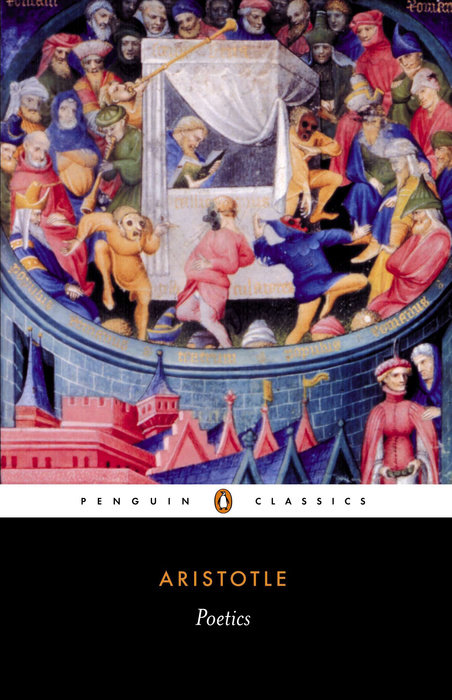
The Nicomachean Ethics
Book Description
What if the key to a fulfilling life lies in seeking the very essence of virtue? As the timeless pages of *The Nicomachean Ethics* unfold, Aristotle meticulously unravels the intricate tapestry of human existence, weaving together the compelling struggles between pleasure, morality, and the pursuit of happiness. With every argument, he ignites a profound dialogue about the nature of goodness and the path to a meaningful life. The stakes are high, as the quest for virtue teeters between desire and duty. Are we destined to wander aimlessly, or can we discover the true purpose of our lives amid the chaos?
Quick Book Summary
Aristotle’s "The Nicomachean Ethics" is a foundational work of Western philosophy that examines what it means to live a good life. Aristotle explores the central concept of "eudaimonia," often translated as happiness or flourishing, arguing that the highest human good is achieved through a life of virtue. Virtue, according to Aristotle, is cultivated through habit and lies in finding the mean between extremes of excess and deficiency. The work delves into ethical questions about character, friendship, pleasure, and the role of reason. Aristotle posits that happiness is attained not by chance or by the pursuit of pleasure, but by living in accordance with one’s highest capacities and rational nature. This ethical framework still deeply influences contemporary discussions of morality and the good life.
Summary of Key Ideas
Table of Contents
Eudaimonia and the Highest Good
Aristotle begins by asking what the ultimate goal of human life is. He introduces the concept of "eudaimonia," often translated as happiness or flourishing, which he claims is the highest good and end that all our actions aim toward. Unlike mere pleasure, wealth, or honor, eudaimonia is an activity of the soul in accordance with virtue, and it is chosen for its own sake. Aristotle carefully distinguishes between different kinds of goods and concludes that true happiness arises from fulfilling the function that is unique to humans: rational activity.
The Doctrine of the Mean and Moral Virtue
Central to Aristotle’s ethics is the doctrine of the mean. He argues that virtues are character traits that strike a balance between excess and deficiency, such as courage existing between recklessness and cowardice. Moral virtue is not innate; it is developed through habituation—repeated practice of virtuous actions until they become a stable part of one’s character. Aristotle emphasizes the importance of prudent judgment (phronesis) in discerning the appropriate mean in each situation, stressing that virtue rests on both knowledge and deliberate choice.
Role of Reason and Habituation
Reason is the faculty that distinguishes humans from other beings, and, for Aristotle, a truly virtuous life is guided by reason. Rationality allows us to deliberate, make good choices, and foster habits that align with virtue. Consistent engagement in virtuous activities shapes character, turning deliberate actions into stable dispositions. Through education and proper upbringing, individuals internalize virtuous habits and develop the intellectual virtues necessary for sound moral judgment.
Friendship and Social Virtues
Aristotle devotes significant attention to friendship, considering it an essential component of a flourishing life. He distinguishes between friendships of utility, pleasure, and the highest form—friendships based on mutual admiration for each other’s virtues. Such relationships foster moral development and social harmony, providing both support and opportunities for virtuous action. True friendships, Aristotle suggests, are as important as justice in the moral life, helping individuals realize their highest potential.
The Life of Contemplation
Ultimately, Aristotle concludes that the most fulfilling life is one dedicated to contemplation and the pursuit of wisdom. Intellectual virtues, especially philosophical contemplation, represent the highest human capacities and provide lasting happiness. This contemplative life is prized above all because it fulfills the rational aspect of human nature, which Aristotle regards as the defining feature of humanity. He thus places the philosopher’s life at the summit of ethical achievement, while still acknowledging the crucial role of moral virtues and active participation in social life.
Download This Summary
Get a free PDF of this summary instantly — no email required.





